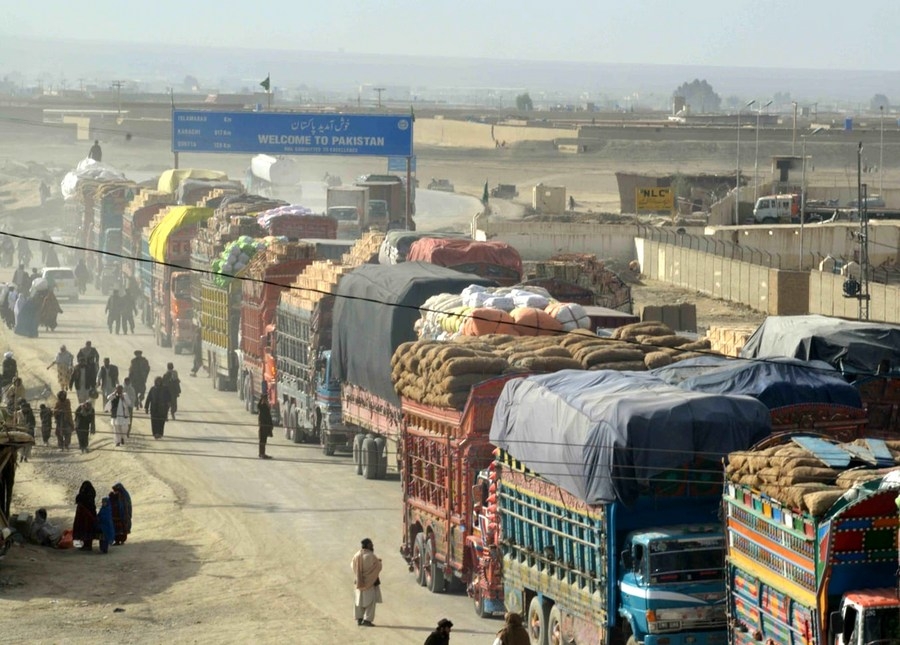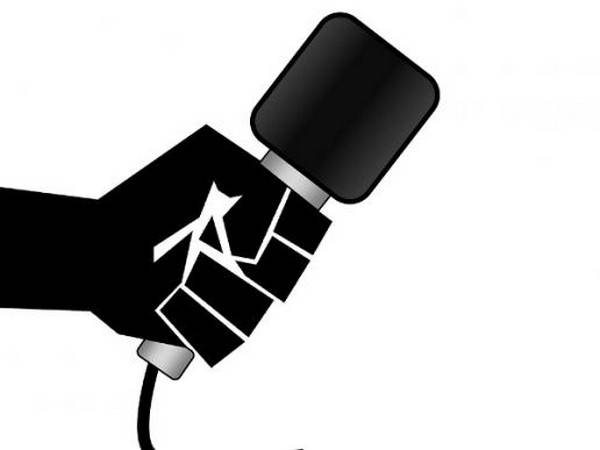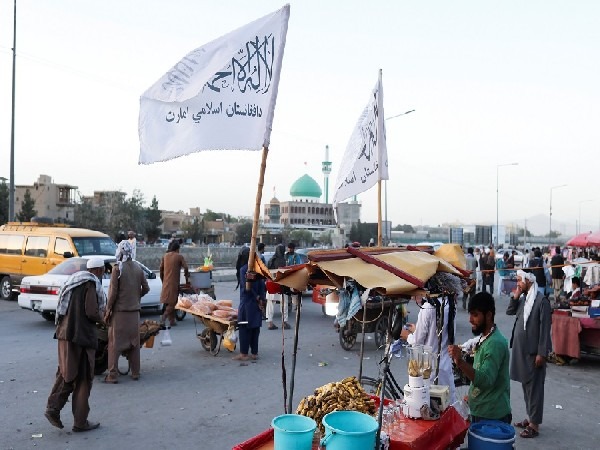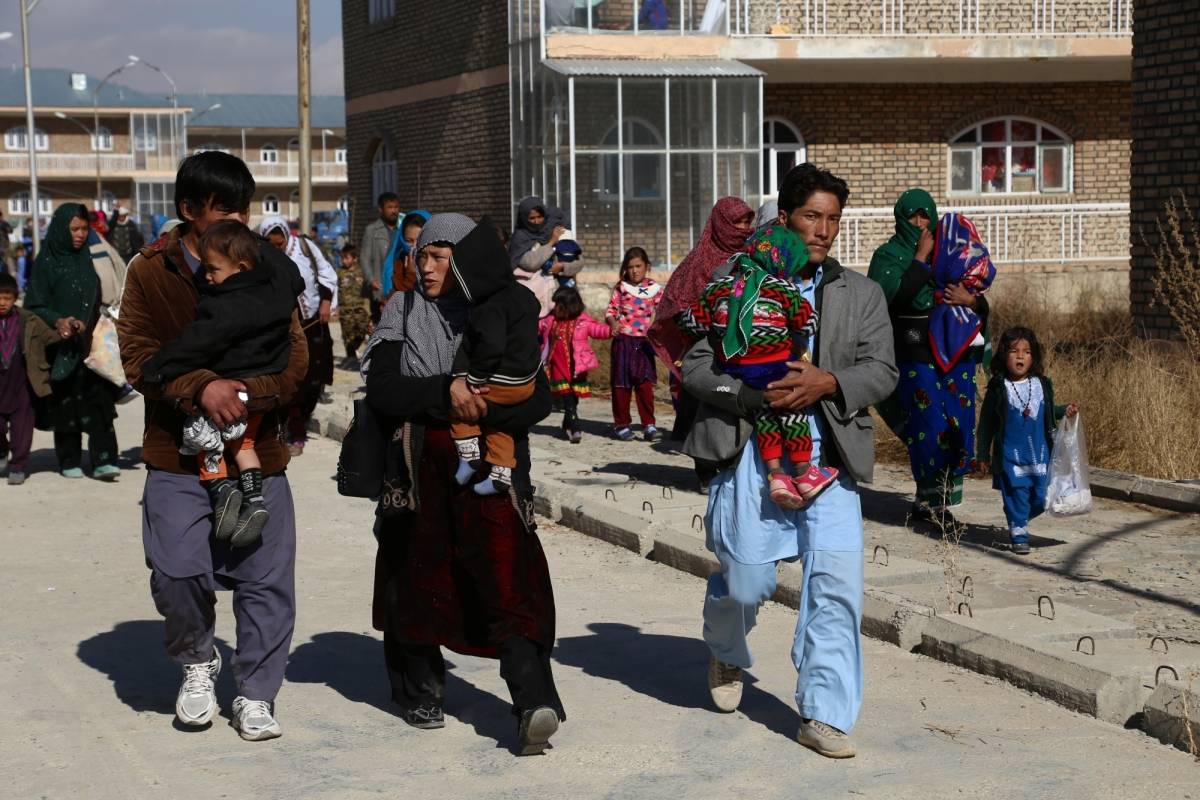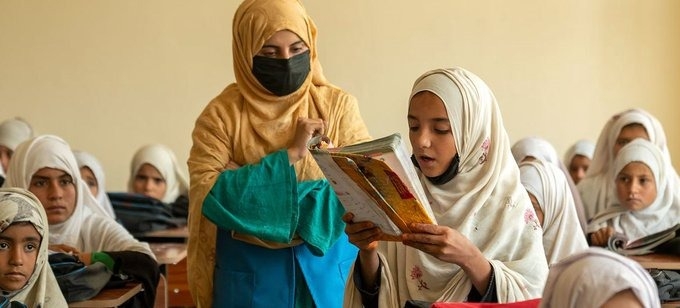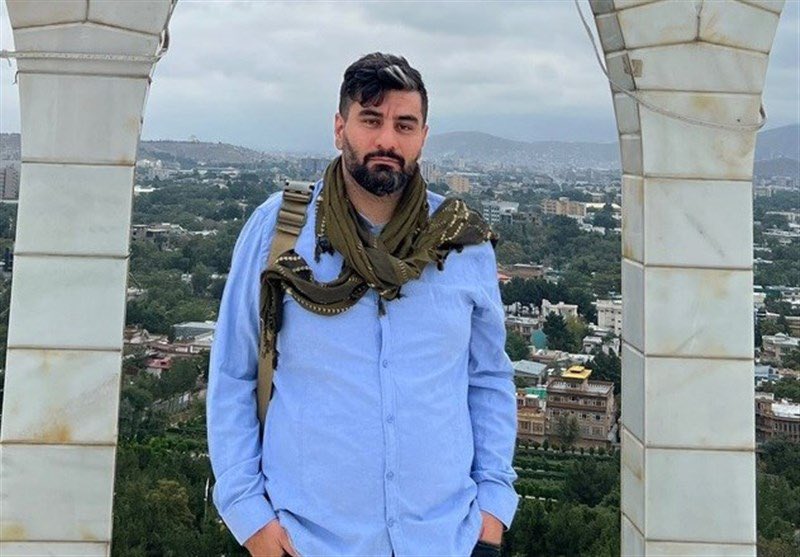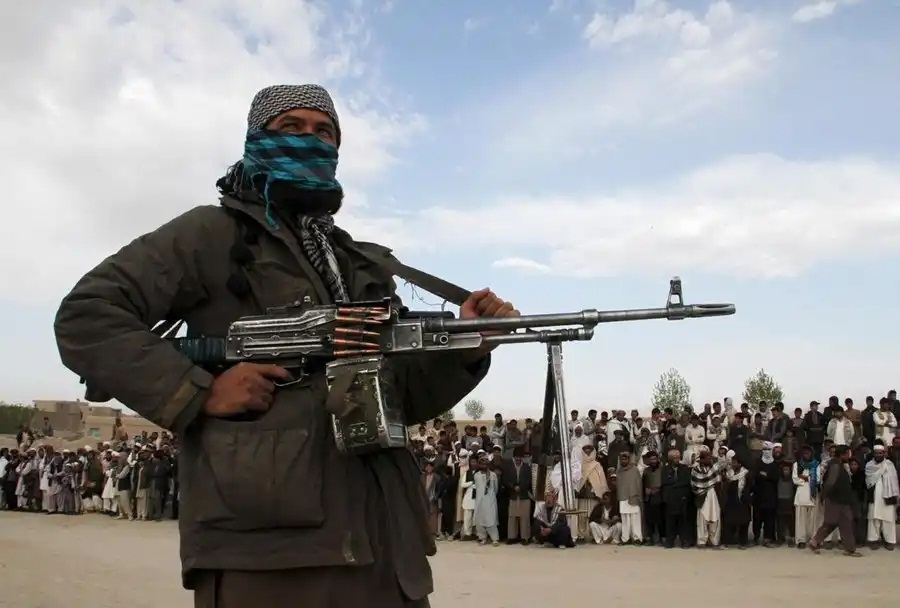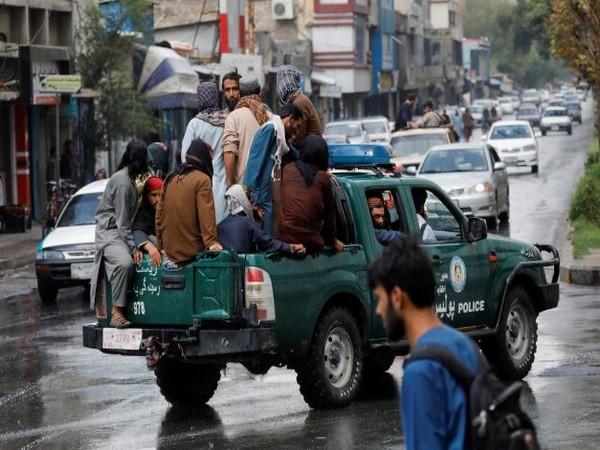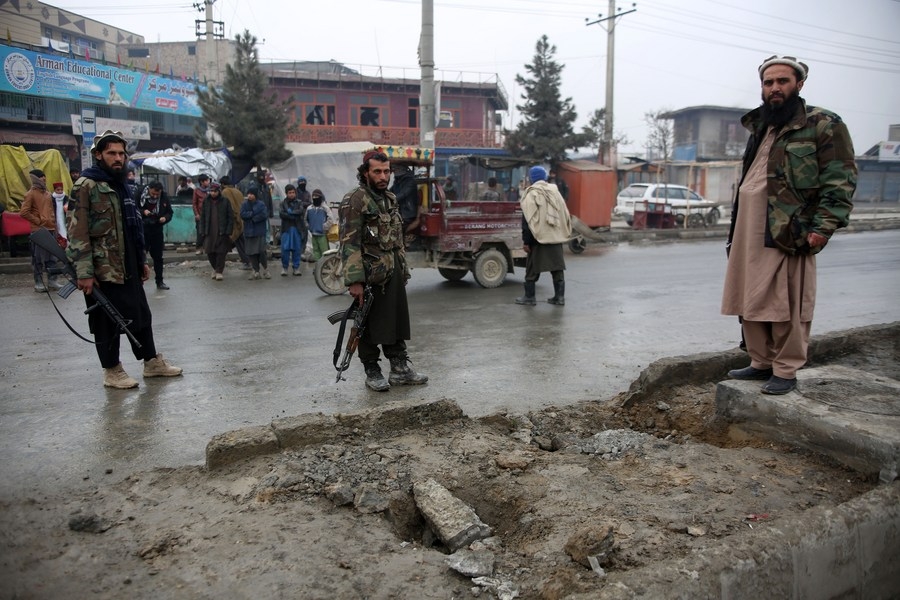Traders said that the fruits and vegetables in the trucks were getting spoiled….reports Asian Lite News
The Torkham crossing between Pakistan and Afghanistan remained closed for traffic for the seventh consecutive day, resulting in trucks carrying goods being stranded on both sides, Pakistan-based TOLO News reported.
Traders said that the fruits and vegetables in the trucks were getting spoiled.
Mohammad Farooq Ahmadi, a trader, said, “The fruits have returned to the domestic markets. Most of them were sold in the markets in Jalalabad. 7 kg of tomatoes were sold with prices of 15 to 20 Afs.”
Mohammad Yamin Watanyar said, “I myself only had three trucks, when I counted …My goods were spoiled,” TOLO News reported.
Torkham Crossing has been repeatedly closed by Pakistan mostly during the season of fruits and vegetables in Afghanistan.
Meanwhile, the Taliban-led Afghanistan Chamber of Commerce and Investment (ACCI) said that efforts are being made to find an alternative route in order to reduce dependency on trade on Torkham crossing.
Kham Mohammad Sarfaraz Baz, head of the Secretariat of Taliban-led ACCI, said, “If Chabahar port is ready for trade and transit of Afghanistan, and the problems exist there now are solved, I think we will get rid of these problems permanently,” TOLO News reported.
Taliban-led Ministry of Industry and Commerce (MoIC) said that efforts are being made to reopen the Torkham crossing. Akhundzada Abdul Salam Javad, Taliban-led Ministry of Industry and Commerce (MoIC), said that they are following the issue seriously and talks are being held with Pakistani officials to resolve the issue.
On September 11, people in Afghanistan’s Nangarhar held protests over the closure of the Torkham crossing. According to the protesters, Pakistan has regularly closed the Torkham border under various pretexts during the fruit and vegetable season.
Protesters urged Afghan and Pakistani officials to resolve their political differences through diplomatic channels.
“When the season of fruits and vegetables arrives, you (Pakistan) close the path, make problems. You attack our checkpoints. Why?” said Wahidullah, a trader, according to TOLO News.
“The problems which are among the governments, you should solve it by any means, we don’t have any problems with it. But please don’t make obstacles for the transports,” said Farman Gul Shinwari, head of the free transport union in Nangarhar, TOLO News reported.
The Afghanistan-Pakistan border was closed after clashes were triggered by the construction of a new post along the border. The busy Torkham border crossing was closed on Wednesday after Pakistani and Afghan Taliban forces started firing at each other, according to local officials. (ANI)

